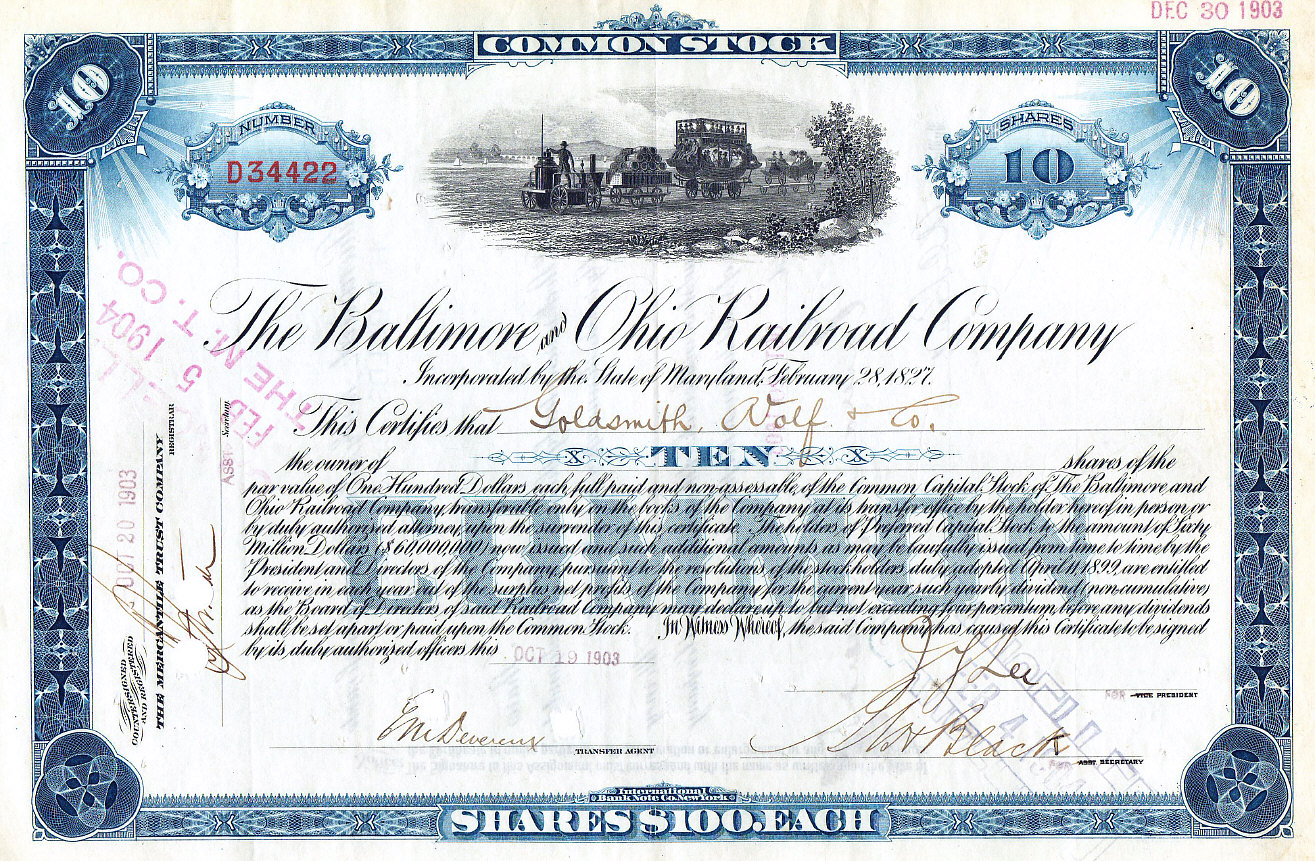Avoid Estate and Gift Taxes With a Self-Canceling Installment Note
 A self-cancelling installment note (“SCIN”) can be used to sell a business interest, stocks, real estate or other types of assets, usually to a family member of the current owner. This is a variation of an installment sale where the remaining payments are cancelled upon the death of the note holder.
A self-cancelling installment note (“SCIN”) can be used to sell a business interest, stocks, real estate or other types of assets, usually to a family member of the current owner. This is a variation of an installment sale where the remaining payments are cancelled upon the death of the note holder.
When using a SCIN, the person selling assets essentially serves as a bank. They transfer title to the asset to the buyer in exchange for installment payments, including interest, (at regular intervals, i.e. monthly, quarterly or annually) over a specified time period. The SCIN will contain a provision that the unpaid balance of the note is cancelled upon the seller’s death. If the seller lives beyond the term of the note, the cancellation provision has no meaning and is just ignored, because the entire balance will have been paid. However, if the seller dies before the term has expired, the buyer’s obligation to make the installment payment ends at the seller’s death.
The main purposes of utilizing a SCIN to transfer assets are: 1) minimizing estate taxes – the unpaid balance is not includable in the seller’s gross estate; 2) avoiding gift taxes; and 3) prorating capital gains on the increase in value.
Estate taxes are saved because the title to the asset was transferred to the purchaser for value before the seller’s death. This includes all appreciation which accumulated since the seller took possession of the asset. Additionally, any appreciation in value after the sale will be excluded from the seller’s taxable estate.
Gift taxes are avoided as long as the value of the note (the purchase price) is equal to the fair market value of the asset with an added risk premium included in the note, either as an addition to principal or a higher interest rate.
Capital gains on the increase in value will be spread out over the repayment period in the note. This is particularly useful when selling an asset with a relatively low cost basis which has appreciated greatly in value during the seller’s ownership. Rather than a large one-time capital gain upon the sale, the payments due for capital gains tax will be spread out over the life of the note. This may avoid causing the seller to be in a higher tax bracket in the year of the sale.
The ideal candidate for a SCIN is a person who has a taxable estate, and has a shorter life expectancy than the life expectancy published by the IRS for an individual the same age.
The earlier into the term of the SCIN the seller dies, the more tax savings are associated with the SCIN. Only the after tax loan repayments will be included in the seller’s estate. Because payments are essentially forgiven upon the seller’s death, this is an excellent way to pass on closely held businesses to family members and avoid large estate tax liability.
Contact one of our estate planning attorneys by phone or e-mail to determine is a SCIN would be advantageous for you.
 New Jersey Lawyers Blog
New Jersey Lawyers Blog

